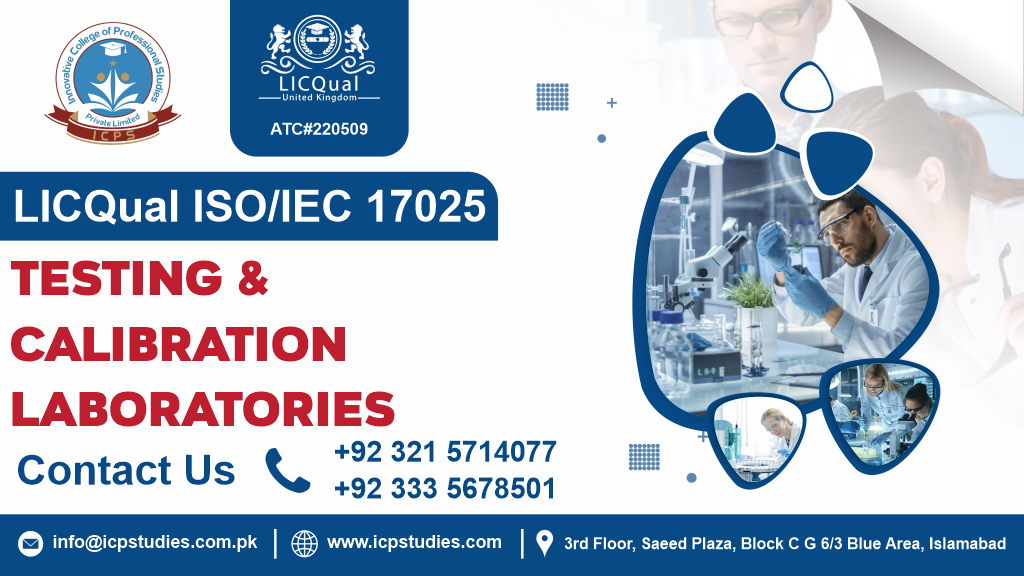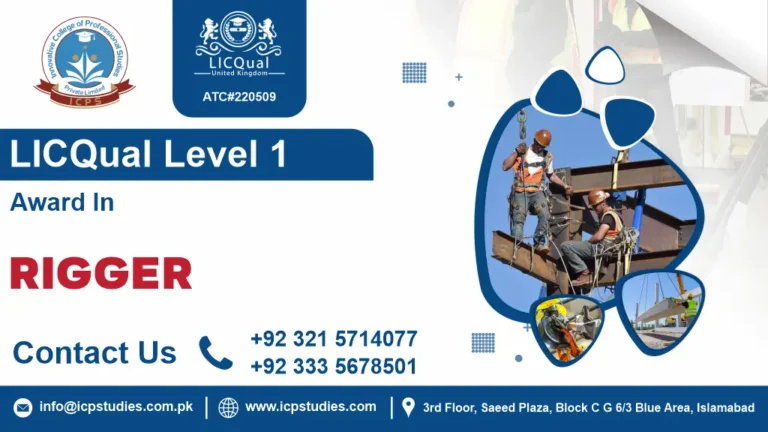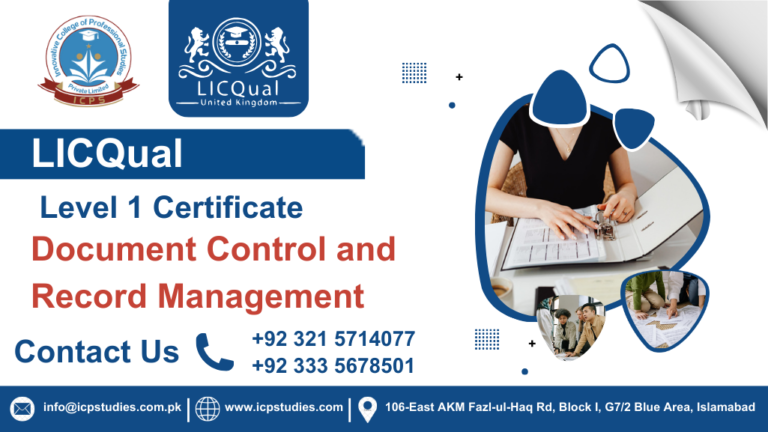In today’s precision-driven world, the accuracy and reliability of testing and calibration are crucial for maintaining high-quality standards and ensuring safety. This is where ISO/IEC 17025 comes into play, setting the global benchmark for competence in testing and calibration laboratories. To uphold these standards and ensure compliance, organizations rely on skilled internal auditors. But what exactly is an ISO/IEC 17025 Testing and Calibration Laboratories Internal Auditor, and why is this role so vital?
ISO/IEC 17025 is an international standard that specifies the general requirements for the competence of testing and calibration laboratories. It covers everything from the technical competence of laboratory staff to the accuracy of their equipment and the reliability of their test results. Laboratories that are compliant with this standard demonstrate their ability to produce accurate and consistent results, making it a critical standard in industries ranging from pharmaceuticals to manufacturing.
An ISO/IEC 17025 Testing and Calibration Laboratories Internal Auditor plays a pivotal role in ensuring that laboratories adhere to international standards of competence and quality. By conducting thorough audits, recommending improvements, and supporting continuous improvement, internal auditors help maintain the integrity and reliability of testing and calibration processes. This role is essential for upholding the high standards of accuracy and consistency that are critical in today’s precision-driven industries.
All About ISO IEC 17025 Testing and Calibration Laboratories internal Auditor
Course Overview
An ISO/IEC 17025 Testing and Calibration Laboratories Internal Auditor is a specialized professional responsible for evaluating and ensuring that a laboratory’s operations adhere to the ISO/IEC 17025 standard. This international standard specifies the general requirements for the competence of testing and calibration laboratories, focusing on their ability to produce accurate and reliable results.
ISO/IEC 17025 Testing and Calibration Laboratories Internal Auditor plays a vital role in upholding the integrity of laboratory operations, ensuring compliance with international standards, and driving continuous improvement in testing and calibration practices.
Study Units
- Introduction to ISO/IEC 17025
- Management Requirements
- Technical Requirements
- Laboratory Accreditation
- Internal Audit Techniques
- Documentation and Record-Keeping
- Corrective and Preventive Actions
- Continuous Improvement
- Educational Background: A degree or equivalent qualification in a relevant field such as science, engineering, or technology.
- Professional Experience: Experience in testing or calibration laboratories, generally ranging from one to three years.
- Familiarity with ISO Standards: Understanding of ISO/IEC 17025 and related standards, though prior formal training may not be mandatory.
- Technical Knowledge: A foundational knowledge of laboratory practices, testing methods, and calibration processes.
- Audit Principles: Basic understanding of auditing principles and techniques is advantageous.
- Communication Skills: Strong verbal and written communication skills for effective documentation and reporting.
- Commitment to Learning: Willingness to engage with course materials and participate in practical assessments.
As requirements may vary by provider, it’s advisable to check specific course details directly.
The LICQual ISO IEC 17025 Testing and Calibration Laboratories Internal Auditor course is designed for:
- Internal Auditors: Professionals tasked with conducting audits within testing and calibration laboratories.
- Laboratory Managers: Individuals responsible for overseeing laboratory operations and ensuring compliance with standards.
- Quality Assurance Professionals: Those involved in maintaining quality management systems in laboratory settings.
- Technical Staff: Laboratory personnel who want to enhance their understanding of auditing processes and quality standards.
- Compliance Officers: Professionals focused on ensuring adherence to regulatory and accreditation requirements.
- Calibration and Testing Personnel: Individuals looking to deepen their knowledge of ISO/IEC 17025 and its application in their work.
Overall, the course is suitable for anyone involved in the management, operation, or auditing of testing and calibration laboratories.
Learning Outcome
Introduction to ISO/IEC 17025
- Understand the Standard: Comprehend the scope, purpose, and key principles of ISO/IEC 17025.
- Standard Requirements: Recognize the general requirements for competence in testing and calibration laboratories as outlined in ISO/IEC 17025.
- Application Overview: Identify how the standard applies to various types of laboratories and testing environments.
2. Management Requirements
- Management System Understanding: Explain the management system requirements of ISO/IEC 17025, including responsibilities and authorities.
- Policy and Objectives: Understand how to develop and implement policies, objectives, and organizational structures that align with ISO/IEC 17025.
- Resource Management: Assess how laboratories manage resources, including personnel, facilities, and equipment, to ensure compliance with the standard.
3. Technical Requirements
- Competence Assessment: Evaluate the technical competence of laboratory staff, including training, qualifications, and experience.
- Testing and Calibration Processes: Understand the technical requirements for performing and validating tests and calibrations.
- Equipment Management: Recognize the requirements for equipment calibration, maintenance, and performance validation.
4. Laboratory Accreditation
- Accreditation Process: Understand the process and requirements for obtaining and maintaining laboratory accreditation under ISO/IEC 17025.
- Compliance and Documentation: Identify the documentation and evidence required to demonstrate compliance with accreditation standards.
- Audit Preparation: Prepare for accreditation audits by ensuring all necessary documentation and processes are in place.
5. Internal Audit Techniques
- Audit Planning: Develop effective audit plans that outline the scope, objectives, and methodologies for conducting internal audits.
- Conducting Audits: Learn techniques for performing internal audits, including interviewing staff, observing procedures, and reviewing documentation.
- Reporting Findings: Document and report audit findings clearly and accurately, including identifying non-conformities and areas for improvement.
6. Documentation and Record-Keeping
- Document Management: Understand the requirements for creating, managing, and controlling laboratory documents and records.
- Record-Keeping Practices: Implement best practices for maintaining accurate and complete records related to testing, calibration, and internal audits.
- Documentation Review: Assess the effectiveness of documentation and record-keeping practices in supporting compliance with ISO/IEC 17025.
7. Corrective and Preventive Actions
- Action Identification: Identify and analyze non-conformities and issues discovered during audits and routine operations.
- Action Implementation: Develop and implement corrective and preventive actions to address identified issues and prevent recurrence.
- Effectiveness Monitoring: Evaluate the effectiveness of corrective and preventive actions in resolving non-conformities and improving laboratory practices.
8. Continuous Improvement
- Improvement Strategies: Understand strategies for promoting continuous improvement within the laboratory’s quality management system.
- Feedback Integration: Utilize audit findings, staff feedback, and performance data to drive improvements in processes and procedures.
- Performance Monitoring: Monitor and measure the effectiveness of improvements and ensure ongoing compliance with ISO/IEC 17025 standards.
These learning outcomes ensure that participants will gain a comprehensive understanding of ISO/IEC 17025, develop effective internal auditing skills, and be equipped to support continuous improvement in testing and calibration laboratories.
FAQs about ISO IEC 17025 Testing and Calibration Laboratories internal Auditor







